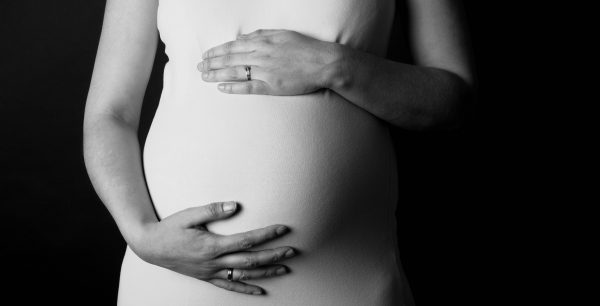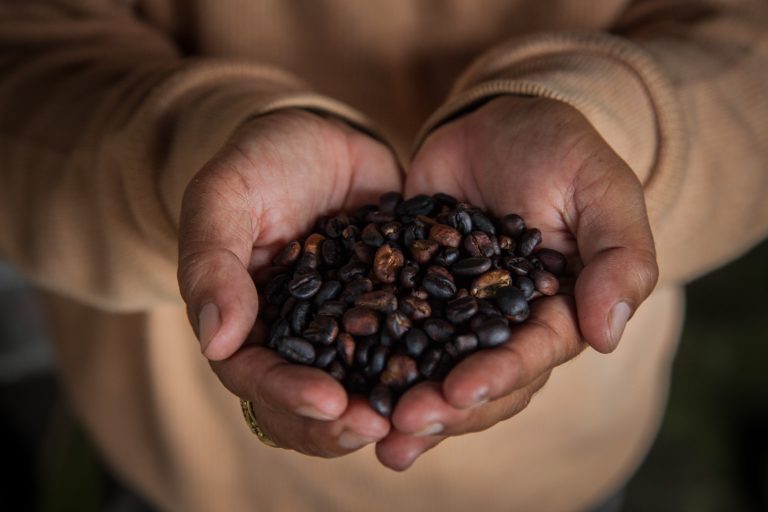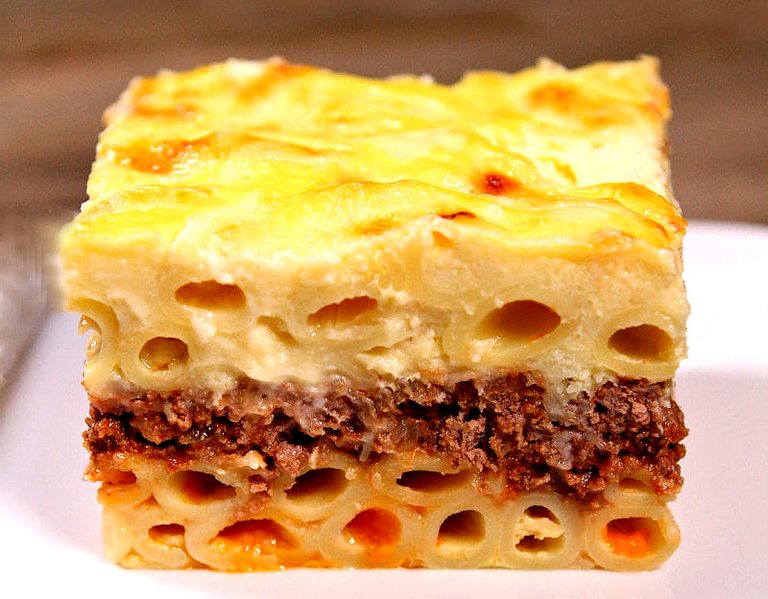Drinking coffee is a morning ritual for most adults. Coffee drinkers will tell you that it wakes them up and makes them more alert. While there are studies that show health benefits to this workplace staple, there are also convincing studies regarding its negative side effects. Caffeine is the world’s second most popular psychoactive substance – second only to sugar. It is considered one of the most widely used drugs in the world, and it is addictive. Looking at the pros and cons can help you make an informed decision about whether, and how much, coffee is good for you personally.
Longevity
Large research studies in Europe and America analyzing data on health and coffee drinking habits have determined that drinking one to three cups of coffee per day may reduce the risk of death by 12 to 18 percent. Researchers believe that the antioxidant plant compounds contained in coffee are responsible for this benefit. At the same time, smaller studies have shown that coffee consumption can increase the risk of death for select groups.

A study conducted by Dr. Lueio Mos showed that coffee consumption led to an increased risk of heart attacks in young adults diagnosed with mild hypertension, with moderate consumption increasing the risk by three times. A Mayo Clinic partnered study found that more than four cups of coffee per day was linked to an early death, with a 21 percent increase in all-cause mortality in men who drank more than 32 fl oz (four cups) of coffee per day.
Another study published in the American Journal of Clinical Nutrition determined that heavy coffee consumption was associated with a modest increase in cardiovascular disease risk. This conclusion was backed up by an Australian study, which also determined that those who drink more than six cups of coffee per day are at risk for poor health, poor quality of life, and a possible increased rate of mortality.
Stress
Some science tells us that coffee relieves stress by triggering the “happiness hormone,” dopamine. As caffeine stimulates the central nervous system, it causes the brain to release more dopamine, making us feel happier. At the same time, Caffeine consumption can lead to increased anxiety, depression, and the need for anxiety medication.
Success
You are now signed up for our newsletter
Success
Check your email to complete sign up
A study by the American Psychological Association showed that caffeine caused increased anxiety, depression and hostility. According to Caffeine Informer, this mainly occurs in individuals with a slight genetic variation in their adenosine receptors, which not only are responsible for caffeine’s awakening effects but also regulate a person’s sense of anxiety. They suggest that individuals who experience anxiety and are not habitual caffeine users abstain from caffeine altogether.
Neurology magazine also reported that Caffeine can cause headaches. Their study showed that while non-caffeine users reported 2 to 104 headache days per year, caffeine users reported 180 or more headache days per year. Their study included those who consume caffeine as coffee and those who take it medicinally. Caffeine is often prescribed to alleviate migraines or headaches caused by stress, but the factors that make caffeine effective in relieving pain may also cause headaches. While caffeine helps reduce inflammation by contracting the blood vessels around the brain, the pain returns when they swell again, thus making one dependent on caffeine for pain relief.
Mental performance
It is widely accepted that caffeine can aid in concentration, and a Johns Hopkins University study also suggested that caffeine may enhance long-term memory. A memory experiment was conducted in which participants were shown a series of images. With 200 mg of caffeine, (the approximate amount found in 16 oz coffee) participants were better able to distinguish these same pictures from similar pictures.
The National Library of Science, however, published a definitive conclusion based on a large number of literary studies. They stated, “Caffeine facilitates learning in tasks in which information is presented passively; in tasks in which material is learned intentionally, caffeine has no effect. Caffeine facilitates performance in tasks involving working memory to a limited extent, but hinders performance in tasks that heavily depend on working memory, and caffeine appears to rather improve memory performance under suboptimal alertness conditions. Most studies, however, found improvements in reaction time. The ingestion of caffeine does not seem to affect long-term memory.”
Women’s health
While few of the benefits of coffee consumption are gender specific, according to Heart.org, habitual coffee drinking has been linked to a lower risk of coronary heart disease in women. However, National Institutes of Health warned women against coffee consumption because of its link to miscarriages. A 2016 article stated, “A woman is more likely to miscarry if she and her partner drink more than two caffeinated beverages a day during the weeks leading up to conception, … Similarly, women who drank more than two daily caffeinated beverages during the first seven weeks of pregnancy were also more likely to miscarry.”

Caffeine also apparently affects fertility. According to Caffeine Informer, women who consume coffee or energy drinks regularly show a 27 percent decrease in fertility. Men’s fertility was also studied, and results showed that men who consumed caffeine in the form of cola had 30 percent reduction in sperm count, while those who consumed caffeine in the form of tea or coffee saw no difference.
The Journal of the National Cancer Institute found that “the occurrence of fibrocystic breast disease was positively associated with average daily consumption of caffeine. Women who consumed 31–250 mg of caffeine/day (equivalent to one third cup to two and a half cups of coffee) had a 1.5-fold increase in the odds of disease, whereas women who drank over 500 mg/day had a 2.3-fold increase in the odds.”
What to do
Chances are, you are a coffee drinker already. Perhaps this has given you pause and you would like to reduce your intake without foregoing the benefits of coffee? While more than half of adults consume coffee on a daily basis, the rest of the population does manage without it. A brisk walk, stretching or meditation, or a vitamin packed smoothie are some alternative ways to wake up and start your day. The beneficial antioxidants and compounds found in coffee are readily available in other food sources. Berries and leafy greens, and especially wild edibles are excellent health boosters.
If you plan to give up coffee, you should know that, as an addictive drug, caffeine consumption can lead to caffeinism. This is a state of intoxication caused by excessive consumption of caffeine which can manifest in a variety of unpleasant physical and mental symptoms. With caffeinism, like alcoholism and other drug addictions, one will experience withdrawal symptoms when abstaining from the drug. These symptoms will subside as the addiction is overcome. With a nutritious balanced diet, regular outdoor activity, and good sleep, you can be alert, unstressed, healthy and smart, without being a slave to stimulants.
While we like to justify our habits and addictions by highlighting the positives, every coin has two sides. Moderation is the key if you wish to enjoy the benefits and avoid the negative side effects of coffee. Like Harvard Medical School stated in their Harvard Health Letter regarding coffee, “It is one thing to say that coffee may be good for you; it’s another to say it’s so good for you that drinking it should be recommended. And we’re not there yet.”







